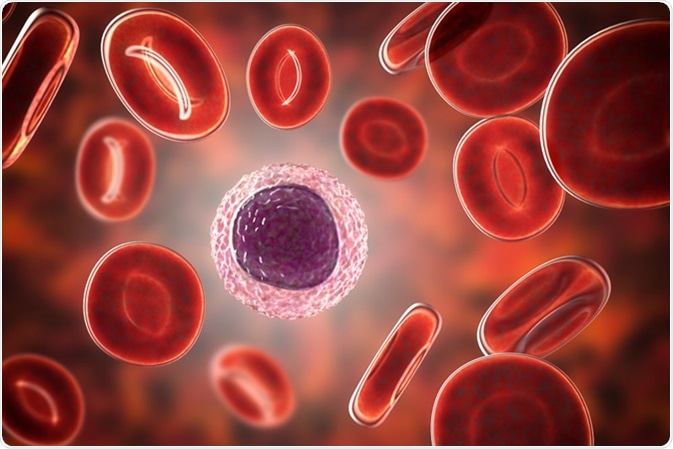Skip to
Menopause is a natural phenomenon which occurs in women as they age. It is defined as the permanent absence of menstrual activity due to loss of ovarian follicular development. It is diagnosed retrospectively when 12 consecutive months have elapsed after a woman's last menstrual cycle. The years leading up to menopause are called the menopausal transition, and are typically between 45 and 55 years of age.
Menopause brings numerous physical and psychological changes. During the transitional phase, also referred to as perimenopause, women may notice changes in the length of the monthly cycles, with eventual cessation, and the appearance of hot flashes – among the most bothersome symptom of menopause. Perimenopause is linked to fluctuations in the production of hormones such as estrogen and progesterone.
During the transition from perimenopause to postmenopause, the ovaries produce less and less estrogen. Thus the levels of circulating 17β-estradiol are low, with elevated levels of follicle-stimulating hormone (FSH). As a result, women develop estrogen deficiency once they reach menopause. This in turn causes physiological and cognitive impairments in postmenopausal women.
Decreased bone density is common in women going through menopause; this increases their susceptibility to fractures. Menopause may also lead to a decrease in muscle strength and sarcopenia (loss of skeletal muscle mass). Alterations in body mass increase the incidence of functional ailments and other diseases during this period.
How does menopause affect white blood cell numbers?
The Estrogenic Regulation of Muscle Apoptosis (ERMA) study is an on-going Finnish trial to assess the transformations that occur between pre-menopause and the post-menopausal stage. The study is also investigating the correlation between the psychological factors and the various hormonal changes that occur during this transition.
The researchers observed that postmenopausal women had a lower total leukocyte count and differential neutrophil count. However, the relative percentage of lymphocytes was higher than in perimenopausal women. Lymphocyte values were found to correlate with estradiol and FSH values.

Lymphocyte surrounded by red blood cells, 3D illustration. Image Credit: Kateryna Kon / Shutterstock
Lymphocytes and neutrophils are key mediators of various inflammatory pathways. Chronic low-grade inflammation may escalate with aging, which may ultimately pave the way for a plethora of chronic diseases.
These findings are expected to yield exciting data related to menopausal hormonal changes, which may ultimately help to improve the health of middle-aged women.
Does menopause affect platelet count?
Platelets play a key role in thrombosis, and hence are important mediators in endometrial hemostasis following menstrual events. A low estrogen concentration in postmenopausal women is considered to be responsible for the decreased platelet count. Platelet activation is also decreased in this group.
Blood profile in menopausal women
Menopausal women are reported to have higher red cell counts, haemoglobin concentrations, haematocrits and increased mean cell volume (MCV). One study demonstrated a progressive increase in haemoglobin concentration from 40 years to 65 years. This was attributed to the effects of the hormonal environment at menopause as well as the cessation of monthly bleeding which caused or aggravated iron deficiency.
Another study found that estrogen administration caused increased proliferation of haematopoetic stem cells (HSCs), which could explain the higher blood counts in women during the reproductive years.
Further Reading
Last Updated: May 21, 2019